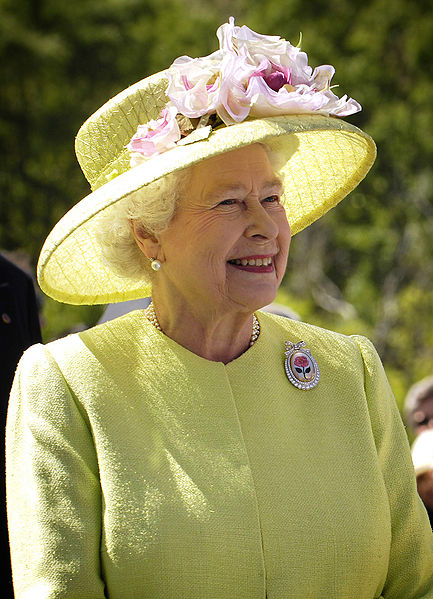14 June
2012
The Reign of Queen Elizabeth II: Constancy in an Ever-Changing Society
Posted in British Politics, Social Commentary
The recent marking of the Diamond Jubilee of Queen Elizabeth II has brought back to mind notions highlighted in a couple of earlier blog-posts: stability and security.
It is clear from the varied crowds present at the recent London events that the British people have great affection for the institutional monarchy. The media, in print and on screen, made frequent reference to societal change that has taken place since 1952. One commentator even suggested that the Queen now reigns over a different country. Such a view might readily be backed by anecdotal and empirical evidence.
Such changes, however, seem to have strengthened public support for the monarchy. The presence at the summit of public life of a person whose position is not subject to the vicissitudes of market forces or of popular politics is certainly reassuring to many. The stable nature of the monarchy is a powerful counterpoint where much else seems to be in flux. It is, of course, only fair to point out that some nation states lacking monarchs can, and do, have not dissimilar stability.
Take, for example, the United States of America. Its Constitution is held in high regard by most Americans, some of them speaking of it with almost religious respect. The stability it provides is much appreciated. In past eras the stable Catholic Church offered a sense of security to those living in certain European countries. The presence of an institution (or document) that is constant and unchanging is itself comforting. 
The so-called ‘under-class’ was considered in another recent blog-post here. It was suggesteed that it would be more accurate to speak of a ‘disengaged class’. One of the causes of disengagement is a lack of stability in communities. A fair number of those to be included in such a class were probably marking the Diamond Jubilee with the rest of us, and many would probably assert support for the monarchy. The very lack of stability and security in their everyday lives may actually encourage a greater fondness for that which is stable and constant. Even if this is no argument for monarchy in the abstract, it certainly points to its value in the context of modern Britain.
While it is important that the dedicated personal service of Queen Elizabeth II be recognised and celebrated, the societal effects of her presiding presence also deserve greater recognition than they have to date received.
Leave a Reply